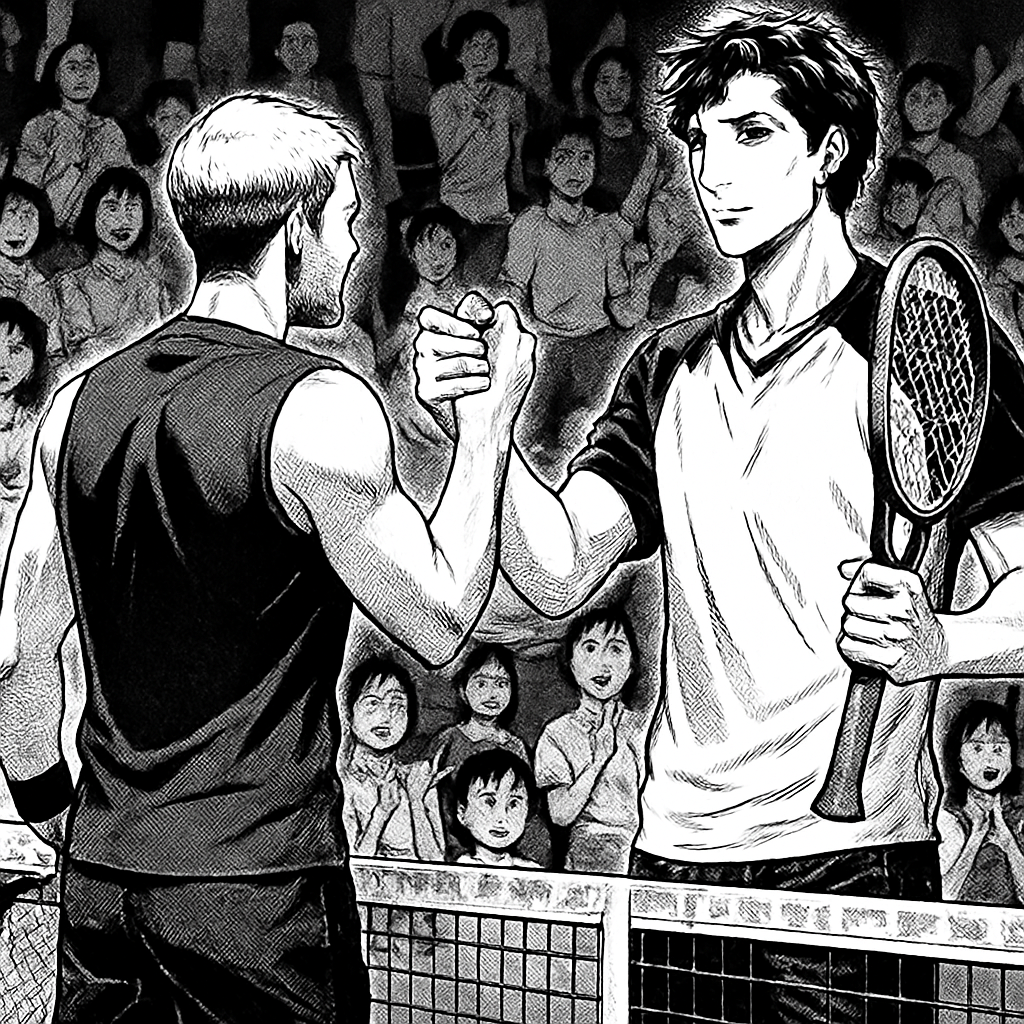LONDON — The genteel atmosphere of the Queen's Club Championships was disrupted by a moment of on-court controversy involving American No. 1 Taylor Fritz, sparking a stern rebuke from former Wimbledon champion Pat Cash, who suggested the incident reveals why Fritz "doesn't have many mates on the tour."
The incident occurred during Fritz's second-round match against his compatriot, Mardy Fish-backed rookie Alex Michelsen. At a critical juncture in the first-set tiebreak, with Michelsen serving at 5-4, the 20-year-old hit a forehand that was called out. Michelsen immediately challenged the call, and as is standard procedure, the point was replayed.
The controversy ignited on the very next play. Fritz drilled a powerful return that handcuffed Michelsen, forcing an error to win the point and secure a mini-break. Instead of simply moving to the change of ends, Fritz turned to the chair umpire, Renaud Lichtenstein, and was heard arguing that because Michelsen's original serve was shown by Hawk-Eye to have clipped the line, the replayed point should not have happened. Fritz contended that he should be awarded the point outright, a claim that contradicted the clear and universally understood rules governing challenges.
The umpire patiently explained the rule to the world No. 12, but Fritz continued his protest, creating an awkward and contentious moment. While the argument did not change the outcome of the point, it was perceived by many, including commentators and fans, as an attempt to gain an unfair advantage against a younger, less experienced opponent. Pat Cash, providing analysis from the commentary booth, did not mince his words in his assessment of Fritz's behavior.
"That is so inappropriate," Cash said immediately. "He knows the rules. The ball was called out, the guy challenged it, it was in, you replay the point. You don't like it? Tough. You replay the point. That is really, really low-rent to try to get a point off a young guy like that."
Cash, known for his straightforward commentary, then delved into what he believes is a broader perception of Fritz among his peers on the ATP Tour. He suggested that this was not an isolated incident of questionable sportsmanship and that such actions have consequences in the locker room.
"He doesn't have many mates on the tour, Taylor Fritz, and you can see why. That is just not acceptable. You just don't do that. You just don't do that. You replay the point, you get on with it. To try to weasel a point out of a young guy like that is just not acceptable at any level, let alone at the top level."
The criticism from a respected figure like Cash, a former world No. 4 and a player revered for his fighting spirit, carries significant weight. It highlights an ongoing narrative around Fritz, who, despite his considerable talent and consistent top-15 ranking, has sometimes been viewed as an outsider within the tour's social circles, especially when compared to the more tightly-knit groups of players like those from Italy or the "Big Three."
This incident brings to the forefront the unwritten rules and culture of sportsmanship in professional tennis. Key principles that were seen to be challenged include:
- The Sanctity of the Replay: When a challenge proves a ball was in, the point is replayed without question. It is not a mechanism for retroactive point awards.
- Respect for Opponents: Attempting to manipulate the rules to steal a point, particularly from a less established player, is considered a breach of etiquette.
Fritz ultimately went on to win the match against Michelsen in straight sets, 7-6(7), 6-4, and proceeded to win his next match against qualifier Rinky Hijikata to reach the quarterfinals. However, the damage to his reputation, at least in the court of public opinion spearheaded by Cash's comments, was already done.
This is not the first time Fritz has been at the center of a sportsmanship debate. In a previous match against Alexander Zverev, a similar situation occurred where a point was replayed after a successful challenge. On that occasion, Fritz accepted the outcome without protest. The stark contrast in his reactions—acquiescing to a fellow top player while contesting against a rising youngster—has fueled further discussion about his on-court demeanor.
The ATP Tour, while governed by a strict code of conduct, often operates on a foundation of mutual respect. Actions that are perceived as bending this code, even if technically within a player's right to query a rule, can lead to isolation. The tour, with its constant travel and shared spaces, functions like a global office; collegial relationships, while not necessary for success, often define a player's legacy beyond trophies and rankings. For Fritz, a player with undeniable Grand Slam ambitions, incidents like the one at Queen's Club raise questions not about his forehand or his serve, but about his courtcraft and his standing among his peers.

